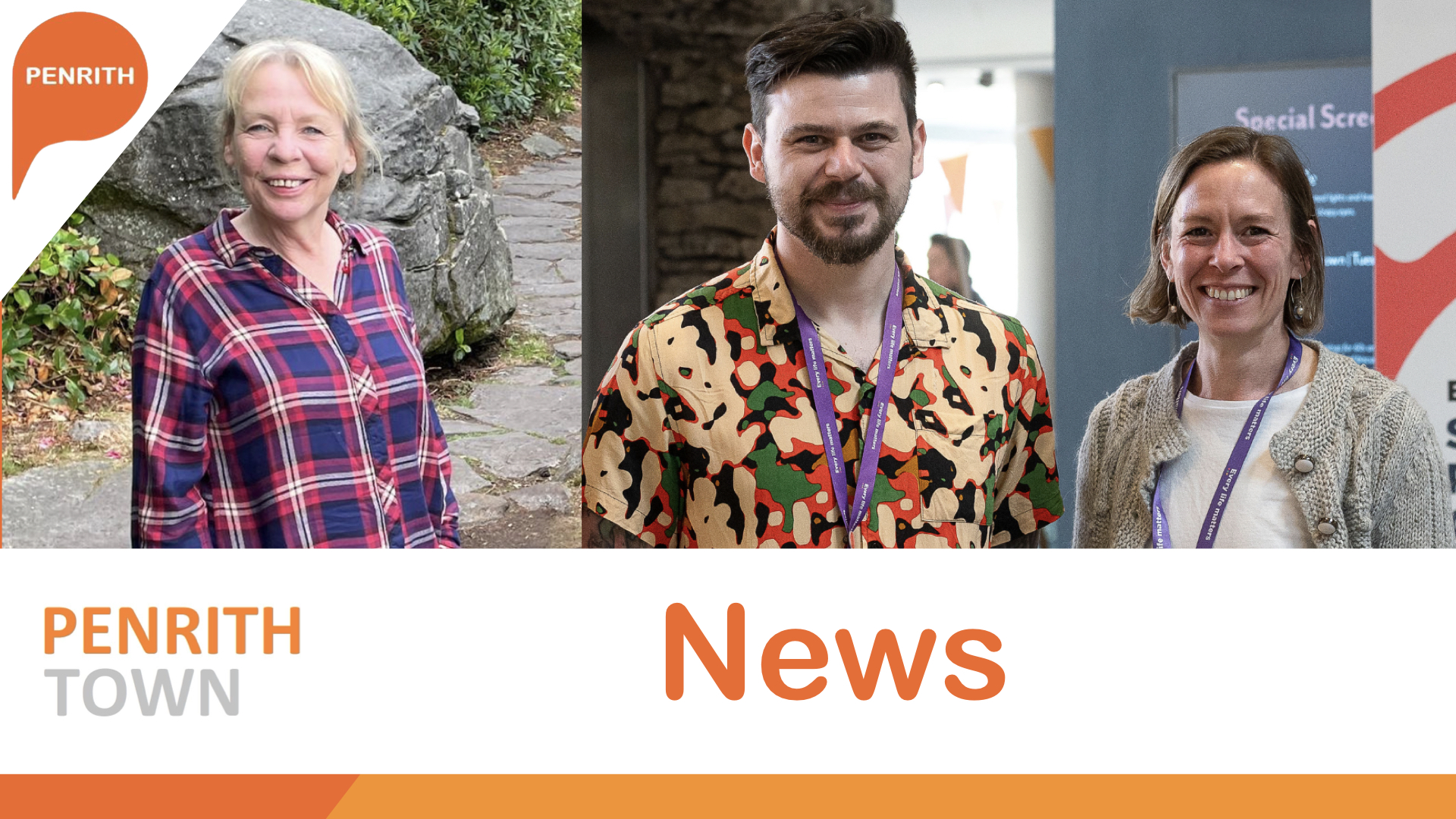
New figures from the Office for National Statistics (ONS) released last week show that suicide rates in parts of Cumbria remain well above the national average. Between 2022 and 2024, 225 people died of suicide across Cumbria. Cumberland had the fourth highest suicide rate in England in this period of 19.4 deaths per 100,000 people, almost twice the national average of 10.9.
A new study, led by the University of Cambridge in
collaboration with Bournemouth University, shows that autistic people are far
more at risk of attempting to take their own life.
The study showed that suicide in autistic people is a
public health crisis rooted in inequalities across to education, employment,
mental health services and social care. Gaps in systems through which autistic
people are at risk of falling, as well as difficulties engaging with services
and support, were issues that significantly contributed to thoughts of suicide.
In response to the increased risk of suicide attempts of
autistic people, Cumbria’s suicide prevention charity Every Life Matters is
partnering with local autism organisations to create new suicide prevention and
self-harm training sessions designed specifically for those who support
autistic people.
Claire Humphreys from Every Life Matters said:
“The figures show why local, community action still matters. Each number
represents a life, a family, a community affected. Even a small change in a
small population like ours can have a big human impact. We also know that
autistic people are at much higher risk of suicide. That is what this
partnership is designed to change.”
The reasons autistic people might self-harm or experience
suicidal thoughts can differ from those of neurotypical people. For some, this
may stem from sensory overload, long term social isolation, or the exhaustion
of trying to ‘mask’ in order to fit in. Others may struggle to express distress
in ways that services recognise, which means their risk can go unseen or
misunderstood.
Susan Prior, CEO of Triple A, said:
“We’ve seen how many autistic people struggle because those
they turn to for help don’t always recognise that an autistic person is in
crisis, or at risk of suicide. They may not present in the same way as someone
who is not autistic. When service providers don’t fully understand the impact
of being autistic in a society designed for those who are not autistic, this
can lead them to underestimate the struggles and challenges autistic people
face, or even to disbelieve them. By working with Every Life Matters, we’re
creating resources to help autistic people feel understood, supported, and safe
to ask for help before things reach crisis point.”
Helen Munro-Storey MBE added:
“Our collaboration with organisations such as Triple A will help develop
training and resources that reflect autistic experiences and communication
styles, helping professionals and families to recognise signs earlier and
respond with greater understanding.”
The new courses build on the success of Every Life Matters’
Spring Conference, where sessions on autism and suicide prevention were the
most booked across the event. That response showed both widespread concern and
a strong appetite for better understanding and support.
To strengthen this work, Helen Munro-Storey MBE has
recently joined Every Life Matters. Helen brings extensive experience in the
autism and criminal justice sectors and is one of several staff members leading
the organisation’s new autism and suicide prevention strategy. Helen said:
“Many autistic people face barriers that make it hard to
seek help or be heard. My focus is on helping services recognise those
barriers, whether in schools, workplaces or at home, and equipping them to
respond with compassion, clarity and understanding. We want to see fewer
autistic people reaching crisis point, and more being met with support that
actually works for them.”
Every Life Matters will host its first Autumn Seminar
Series in November, focusing on suicide prevention in the autistic community.
For more information, visit www.every-life-matters.org.uk.
 Then select "Add to Home Screen"
Then select "Add to Home Screen"